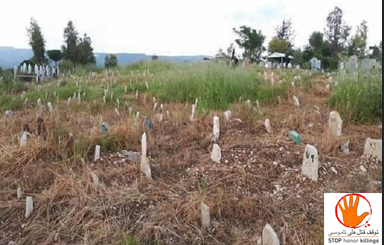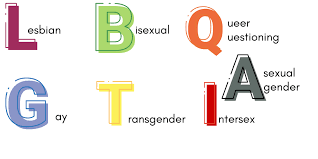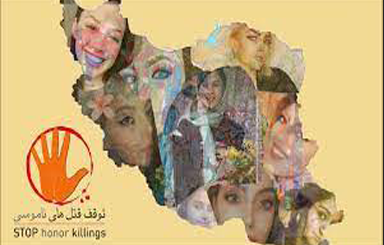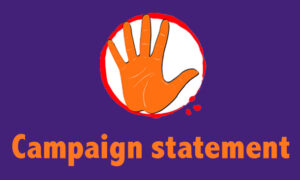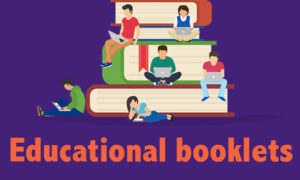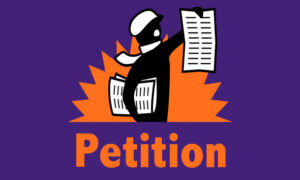A feminist perspective on the conflict between Israel and Palestine and the polarized extremist environment.
Hamide Saberi
“The Bankruptcy of Male Power Structures“
The current conflict between Israel and Palestine reflects the bitter truth that despite extensive efforts by the global community to empower human rights and establish democracy, power still shifts between two extreme poles. In fact, these two poles define the direction the world should move and demonstrate how they can mobilize forces towards their objectives when needed. Indeed, all those who until then claimed to be unaffiliated with these factions, inevitably seek refuge in one of these two poles, as they too believe that it is power that determines fate and must become an arm of one of these powers.
When Edward Said speaks of the West’s view of the East, he presents a very subtle point, their objective look at the East. A view of the “other” that is treated like an “object” under scrutiny. I extend this perspective not only to the patriarchal secular structures of the West but also to the religious patriarchal structures that dominate the Middle East. The issue is that thought, wealth, decision-making in human fate, and access to resources are in the hands of two structures that have an objective look at humans. Concepts such as “human rights” are tools used by both sides when necessary. But both structures know that this instrumental use is only to attract forces towards themselves.
However, the only event that can change the international order amidst this tragic conflict is the emergence of an oppressed group that has been overlooked throughout history amidst this chaos. A group that out of fear of losing their identity, had no choice but to fit into one of these two poles. Recognizing this overlooked group and amplifying their voices can pave the way for the instrumental use of humans by these two poles to be eliminated, and in turn, the language legitimizing crime to be eradicated.
As Simone de Beauvoir explains in detail in her book “The Second Sex”, one of the most important “others” are women. Women whose desires could determine who gets how much power, but as Hamideh Sedghi explains in her book “Women and Politics”, women themselves have no share in this power.
Considering what happened in the “Woman, Life, Freedom” revolution and the dialogue scene shifted to independent women who spoke of truth and reality, we must ask why the voices of the women’s movement in the Arab world and in Israel are not being heard? Women who can bring a new path to the political scene by considering equal rights for all humans and breaking the rules and structures of power-hungry, war-mongering men and rewriting political relations.

